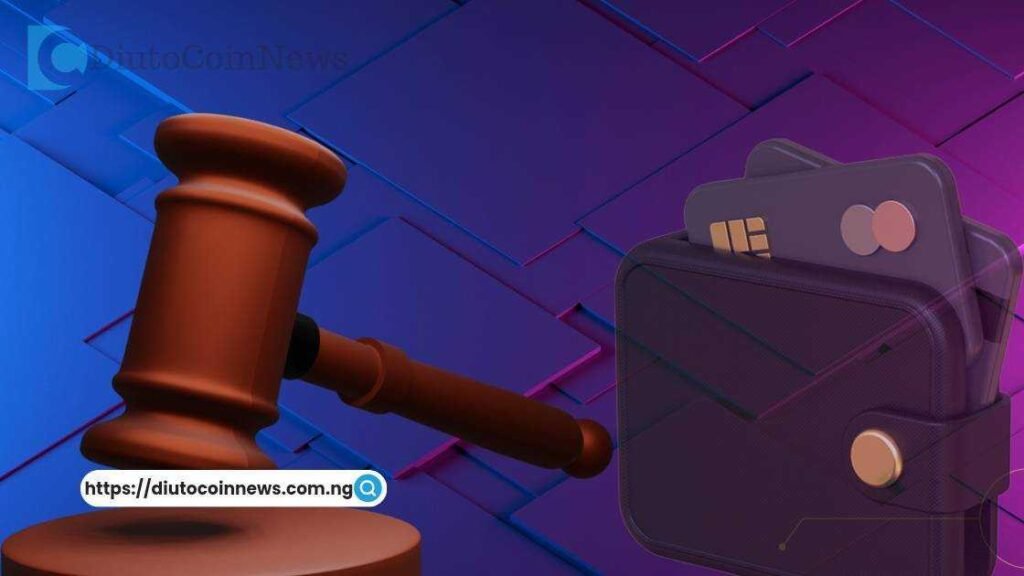Kuda MFB, a fintech bank operating under the Nigerian microfinance bank licence, has been recording losses for the past two years according to new report from financial assessment organisation.
By the end of the 2021 financial year, the company recorded a loss of ₦6,092,554,866 ($14,214,681), a 602% rise from the ₦868,062,000 ($2,025,295) loss it made in 2020, according to the company’s financial report.
The financial report indicated that the company’s revenue increased by 4,315% from ₦72,649,000 in 2020 to ₦3,207,177,570 in 2021. However, after every expense had been deducted, the company closed the year at a net loss, with high credit loss/impairment charge and operating expenses contributing the most to the loss, TechCabal is reporting.
The report said that “the nonperforming loan (NPL) recorded by the firm is too high for the comfort calculated at 69%”, and this, as expected, drove the neobank to a high impairment rate—valued at ₦2,258,698,669. For context, loans are considered impaired when, based on current information and events, it is probable that the creditor will be unable to collect all interest and principal payments due according to the contractual terms of the loan agreement.
Specifically, in the analysis part of the report, the impairment is said to have eroded 96% of the interest income made from the loan offer.
Kuda, a few days before it announced its $25 million Series A round in March 2021, started piloting its overdraft product with over 2,500 users who “have been using their Kuda accounts actively”. By June, it claimed that the product had hit 50,000 users weekly. The company once said in a statement that at the end of the second quarter of 2021, they had disbursed $20 million worth of credit to over 200,000 qualified users, with a 30-day repayment period.
In fact, the company’s co-founder and CEO Babs Ogundeyi once claimed that the neobank has seen “minimal” default because of its approach. “We use all the data we have for a customer and allocate the overdraft proportion based on the customer’s activities, aiming for it not to be a burden,” Ogundeyi said in that statement.
Kuda raised $55 million in Series B in August 2021 and is now valued at $500 million, making it more valuable than some Nigerian banks. While it’s now obvious that the bank isn’t making money as traditional banks do, and its valuation is based on future projections of what could be, what can the bank do to break even?
Also Read: Kuda Bank Targets Crypto Traders, Embarks on Account Closing Spree.
The neobank said in its Series B announcement that it now has 1.5 million users and, as it is in the financial industry, customer lifetime value is often a bigger deal. Kuda and its investors are likely playing the long game of growing their users, the long-term revenue generated from these customers is more valuable than the short-term costs or losses incurred. However, breaking even might take longer than it projected until the company figures out how to monetise or improve on its existing offerings.
Discover more from DiutoCoinNews
Subscribe to get the latest posts sent to your email.














